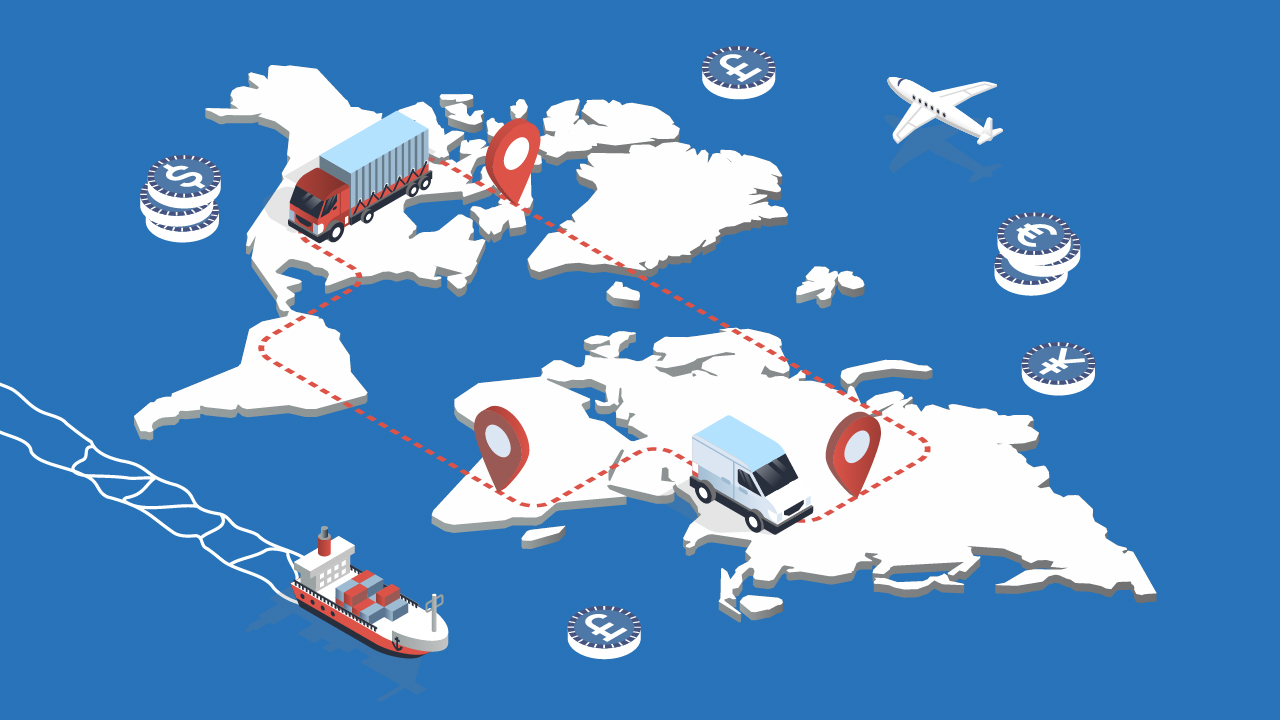How to Start Export Business?
1. How to Select Product in Export – When starting an export business, you need to choose which product you want to sell to customers in other countries. This could be something you already produce or something you can buy from suppliers. Think about what products are in demand overseas and what you can offer that sets you apart from competitors.
2. How to Select Country for Export – After choosing your product, you’ll need to decide which countries you want to sell it to. Consider factors like market demand, competition, trade regulations, and cultural differences. Research different countries to find the best fit for your product and business goals.
3. Government Benefits in Export – Many governments offer benefits and incentives to encourage exports. These could include tax breaks, financial assistance, or special programs to help businesses expand internationally. Check with your local government or trade organizations to see what benefits you may qualify for.
4. How to do Business Setup – Setting up your export business involves things like registering your company, obtaining necessary licenses or permits, and setting up your operations. Research the requirements in your country and follow the steps to establish your business legally and professionally.
5. How to find Buyer in Export – Finding buyers for your products is essential for success in export business. You can search for buyers through online marketplaces, trade shows, networking events, or by reaching out to potential customers directly. Build relationships with buyers and make sure to understand their needs and preferences.
6. How to do Marketing in Export – Marketing your products effectively is crucial for attracting buyers and growing your export business. Use a variety of strategies such as advertising, branding, social media, and content marketing to reach your target audience. Highlight the unique benefits of your products and why customers should choose you over competitors.
7. How to do Communication with Buyer – Good communication with buyers is key to building trust and maintaining successful business relationships. Be clear, prompt, and professional in your communication, and make sure to listen to your buyers’ needs and concerns. Use technology like email, phone calls, or video conferencing to stay in touch with your buyers.
8. Export Import Logistics and Pricing – Export-import logistics involves the transportation, storage, and delivery of goods to customers in other countries. Pricing strategies are important for determining the cost of your products and setting competitive prices in the global market. Understand logistics processes like shipping, customs clearance, and warehousing, and develop pricing strategies that balance profitability with customer value.
9. Documentation in Export – Export documentation includes paperwork such as invoices, shipping documents, customs forms, and certificates of origin. Proper documentation is essential for clearing customs, complying with regulations, and ensuring smooth transactions. Make sure to understand the specific documentation requirements for your products and destinations.
10. Banking in Export – Banking plays a crucial role in international trade by facilitating payment transactions and providing financial services to exporters. Open a business bank account specifically for your export transactions and familiarize yourself with international payment methods like letters of credit or wire transfers. Work with banks that specialize in export finance to ensure smooth and secure transactions.
Conclusion –
Starting an export business requires careful planning and execution. By selecting the right product, targeting the appropriate countries, and mastering communication with buyers, you can pave the way for success. Streamlined logistics, competitive pricing, proper documentation, and efficient banking are also crucial. With dedication and perseverance, your export business can thrive in the global market. Good luck on your journey!



